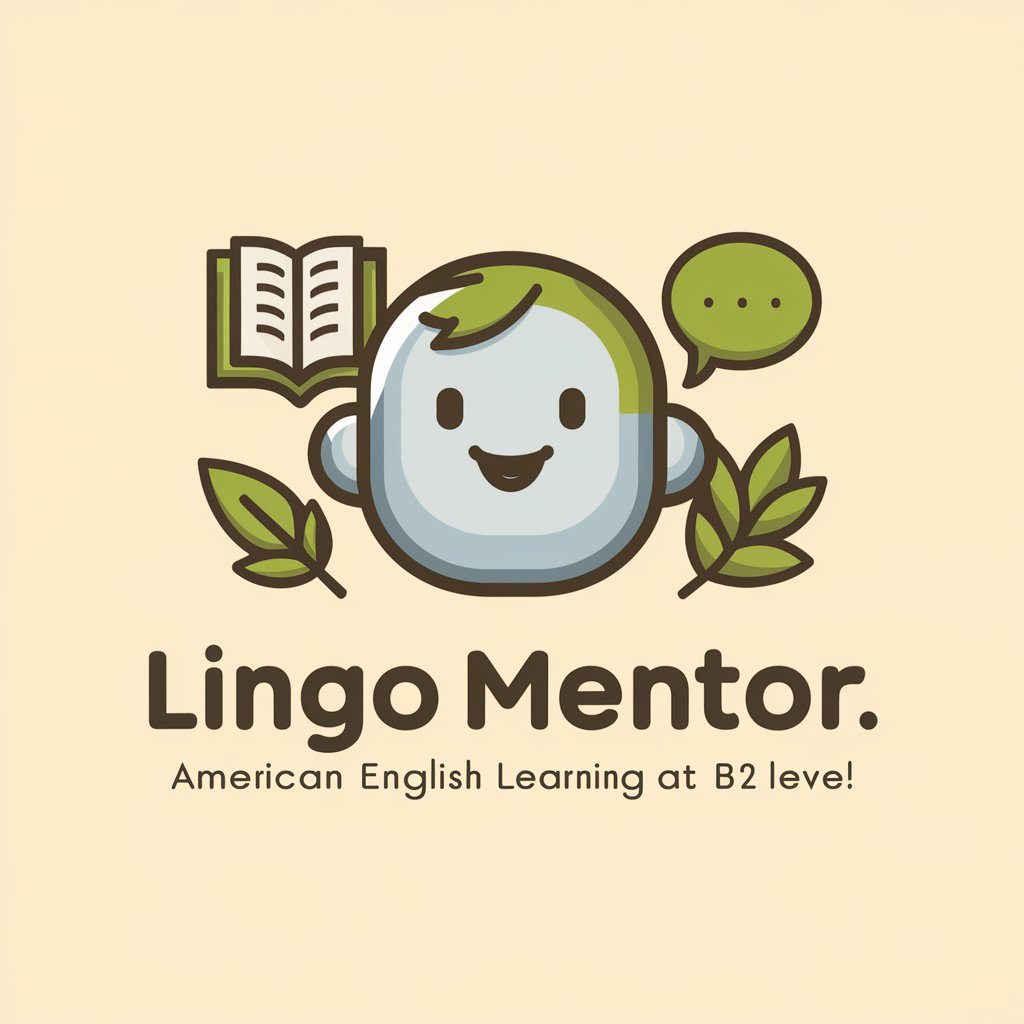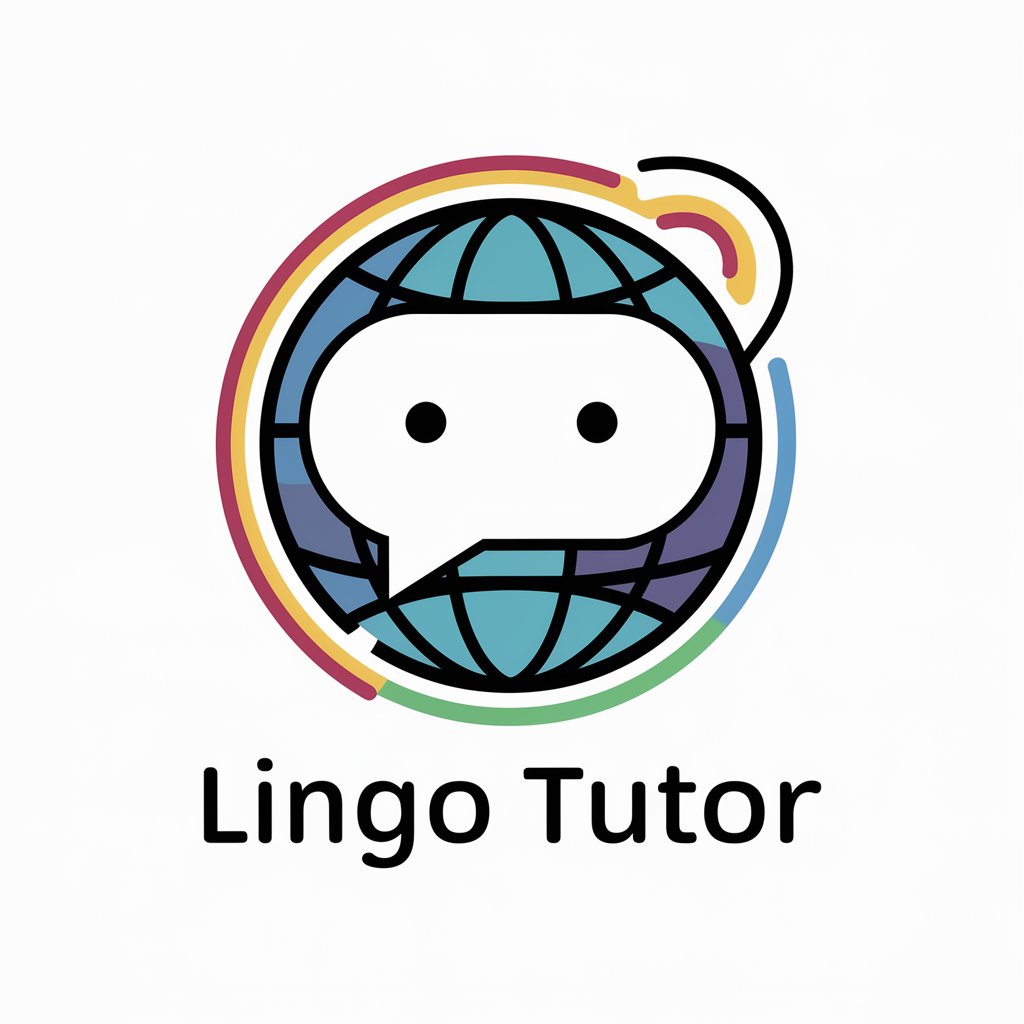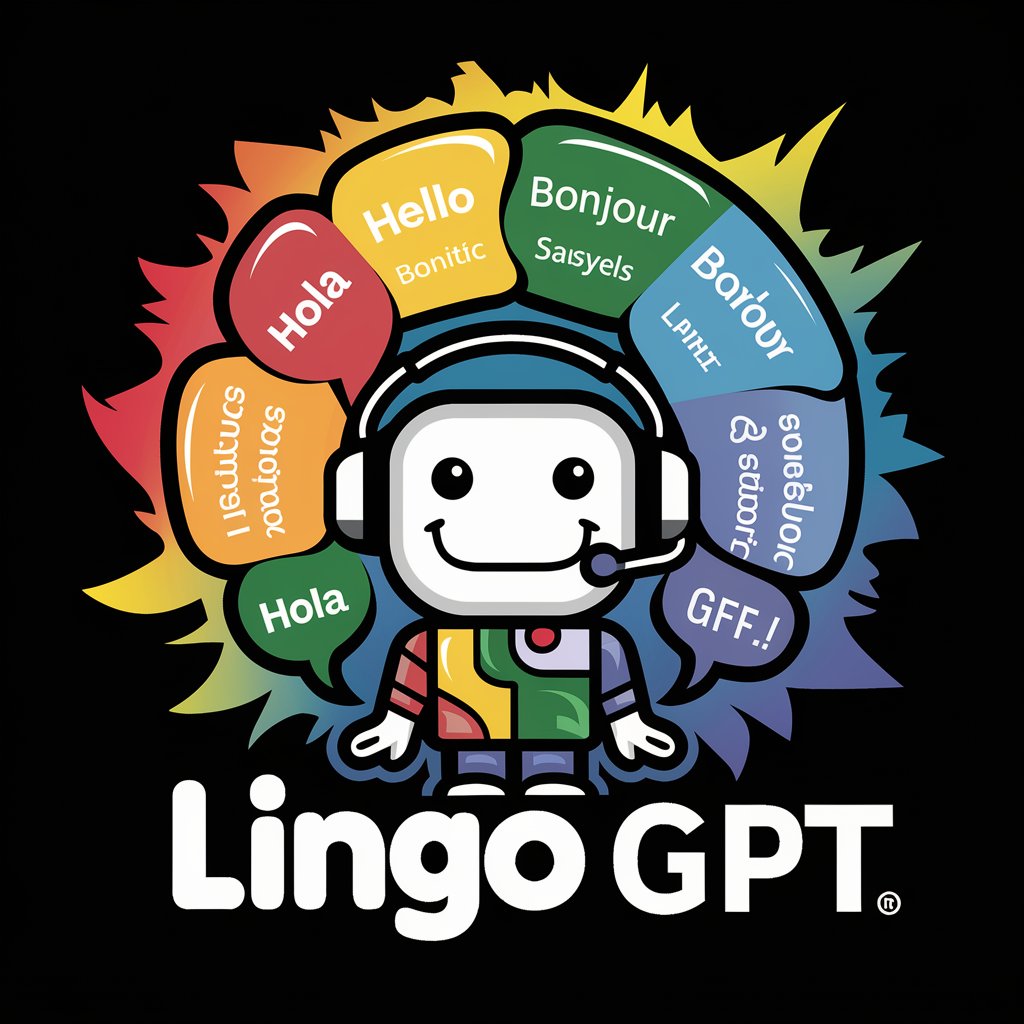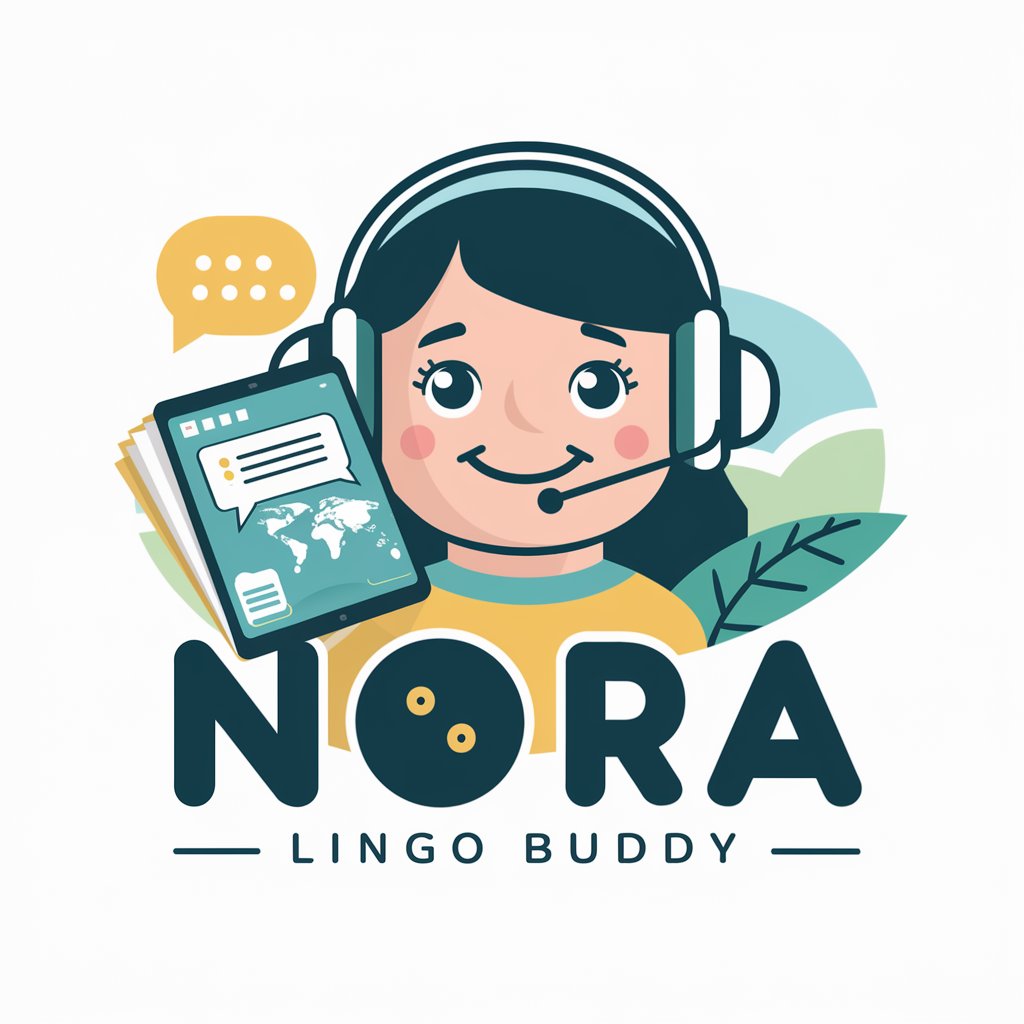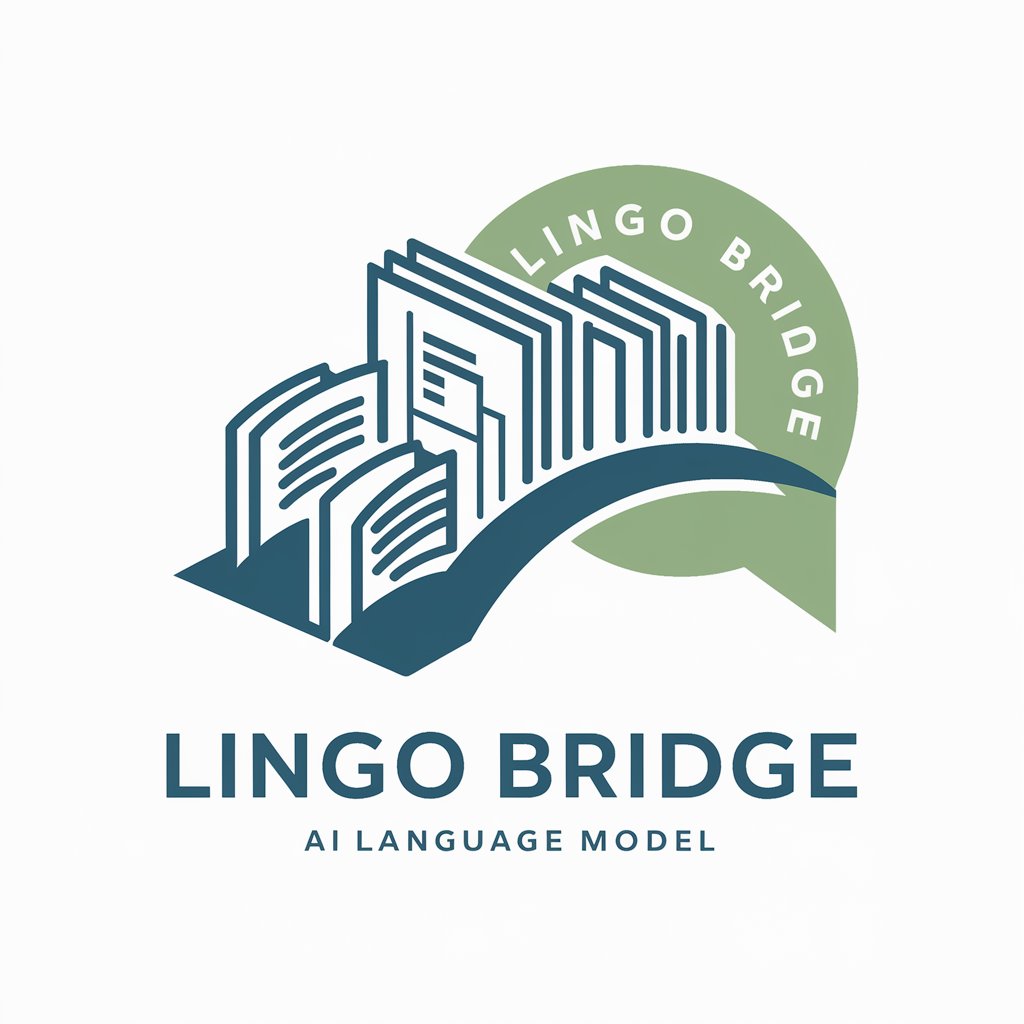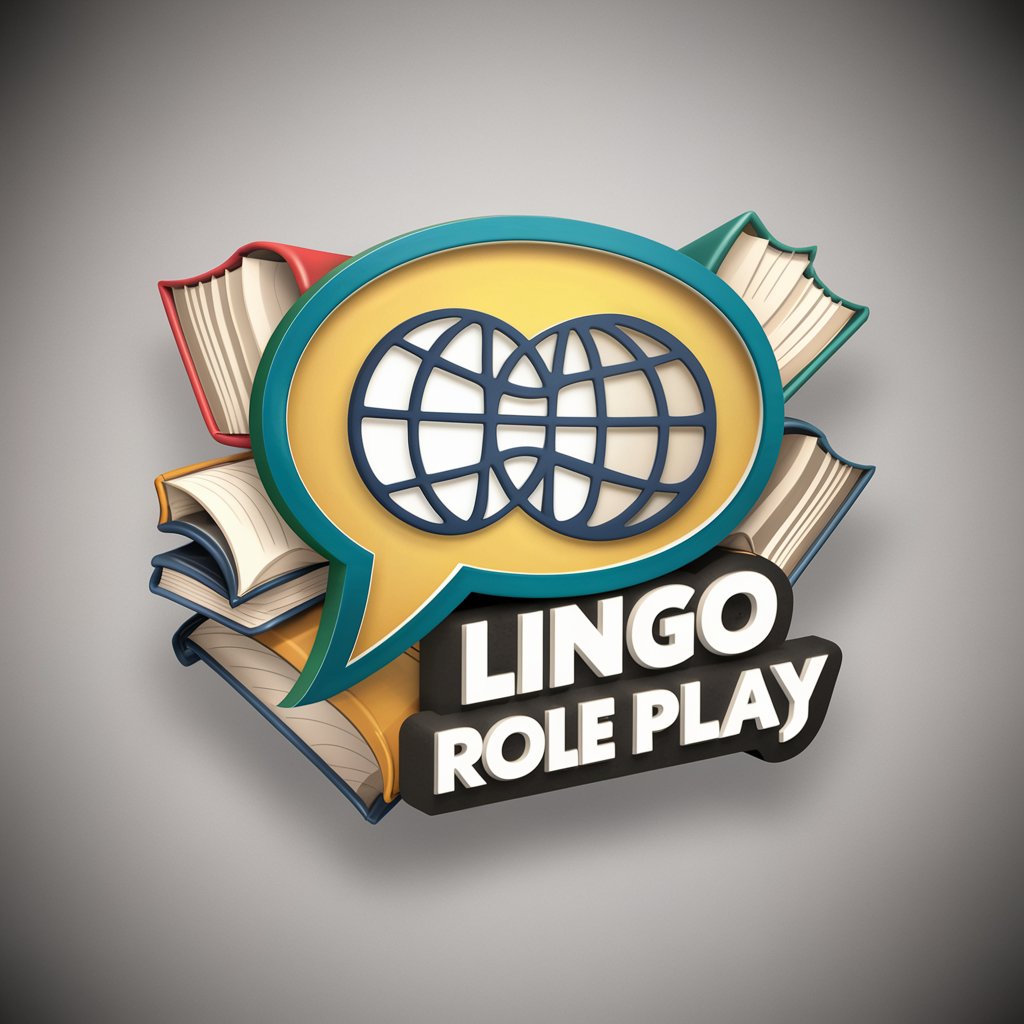
Lingo - powerful translation tool
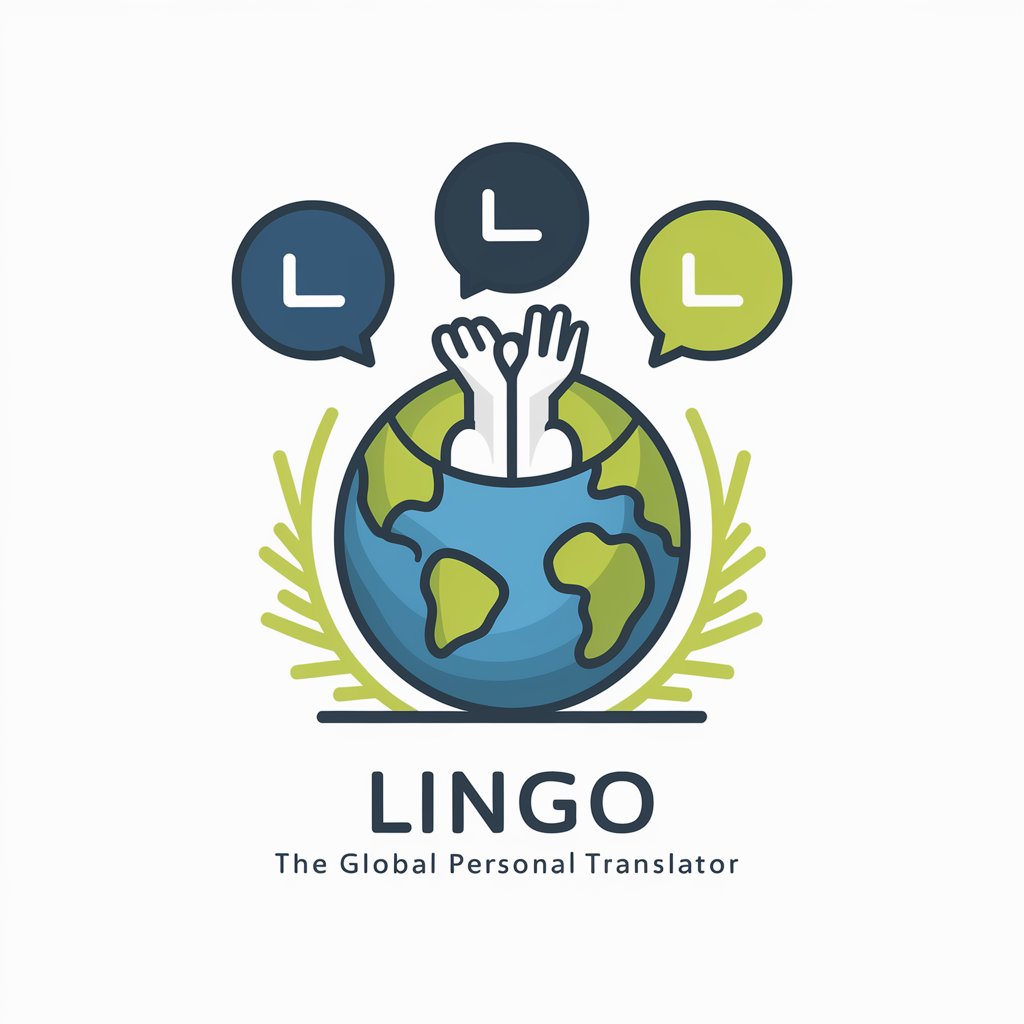
Hello! Let's bridge languages and cultures together.
Translate effortlessly with AI power
Can you help me translate this phrase into...
What is the best way to say this in...
How would you express this idea in...
Could you provide a translation for this sentence in...
Get Embed Code
Understanding Lingo: Design and Purpose
Lingo is designed as a versatile language translation tool, aimed at enhancing communication across various linguistic and cultural boundaries. Its primary design purpose is to facilitate clear, accurate, and culturally relevant translations in a range of scenarios from casual chats to formal business communications. Lingo is engineered to adapt to the specific context of each conversation, recognizing and respecting linguistic nuances and the cultural significance of expressions. For example, in a business negotiation between partners from Japan and Italy, Lingo would not only translate the spoken language but also adapt the business etiquette from Japanese to Italian contexts, ensuring both parties understand the subtleties of each other's communication styles. Powered by ChatGPT-4o。

Core Functions of Lingo
Real-time Conversation Translation
Example
For instance, during a live discussion between a French winemaker and a Chinese distributor, Lingo can translate the dialogue in real time, allowing both parties to converse fluidly and negotiate effectively without language barriers.
Scenario
This is particularly useful in international trade scenarios where immediate and accurate translation can prevent misunderstandings and foster smoother negotiations.
Written Document Translation
Example
Lingo can translate business contracts from English to Spanish, ensuring that the legal jargon and terminologies are correctly interpreted and that both parties fully understand the contractual obligations.
Scenario
This function is crucial in international business where contracts must be understood and agreed upon by stakeholders from different linguistic backgrounds.
Cultural Nuance Integration
Example
When translating marketing materials from English to Arabic, Lingo not only focuses on linguistic accuracy but also on cultural relevance, adjusting content to be culturally sensitive and appropriate.
Scenario
This is vital for multinational companies looking to expand their market presence in culturally diverse regions without offending local sensibilities.
Who Benefits Most from Lingo?
International Business Professionals
Business professionals engaging in cross-border communications and negotiations will find Lingo invaluable for overcoming language barriers and ensuring that all parties are on the same page.
Tourists and Travelers
Travelers navigating countries where they do not speak the local language can use Lingo to interact with locals, read signs, and understand menus, enhancing their travel experience by fostering deeper cultural immersion.
Educators and Students in Multilingual Settings
Educators and students who operate in an international or multilingual educational environment can benefit from Lingo's quick translation capabilities, facilitating better understanding and communication in the classroom.

How to Use Lingo
Step 1
Visit yeschat.ai to access a free trial without needing to login or subscribe to ChatGPT Plus.
Step 2
Choose your desired language pair to start translating texts instantly, ensuring you have an active internet connection for real-time processing.
Step 3
Type or paste the text you want to translate into the designated input area. For voice translations, use the microphone option.
Step 4
Review the translated output for accuracy, and use the 'Edit' feature to make any necessary adjustments to the translation.
Step 5
Utilize the 'Save' or 'Export' functions to keep your translations for later reference or share them directly through email or social media.
Try other advanced and practical GPTs
LinGO
Master Languages with AI Guidance
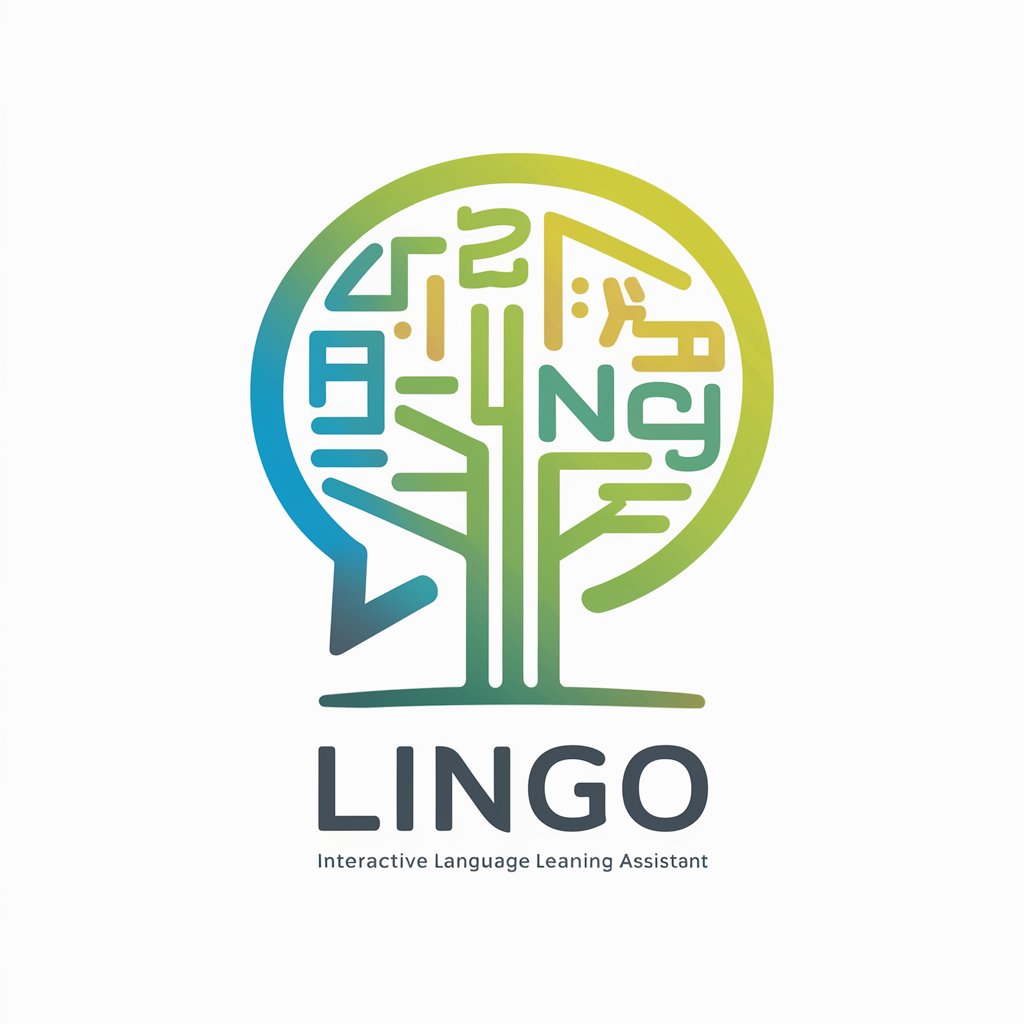
Lingo Buddy: a dictionary and vocabulary builder
Unlock languages with AI-powered insights
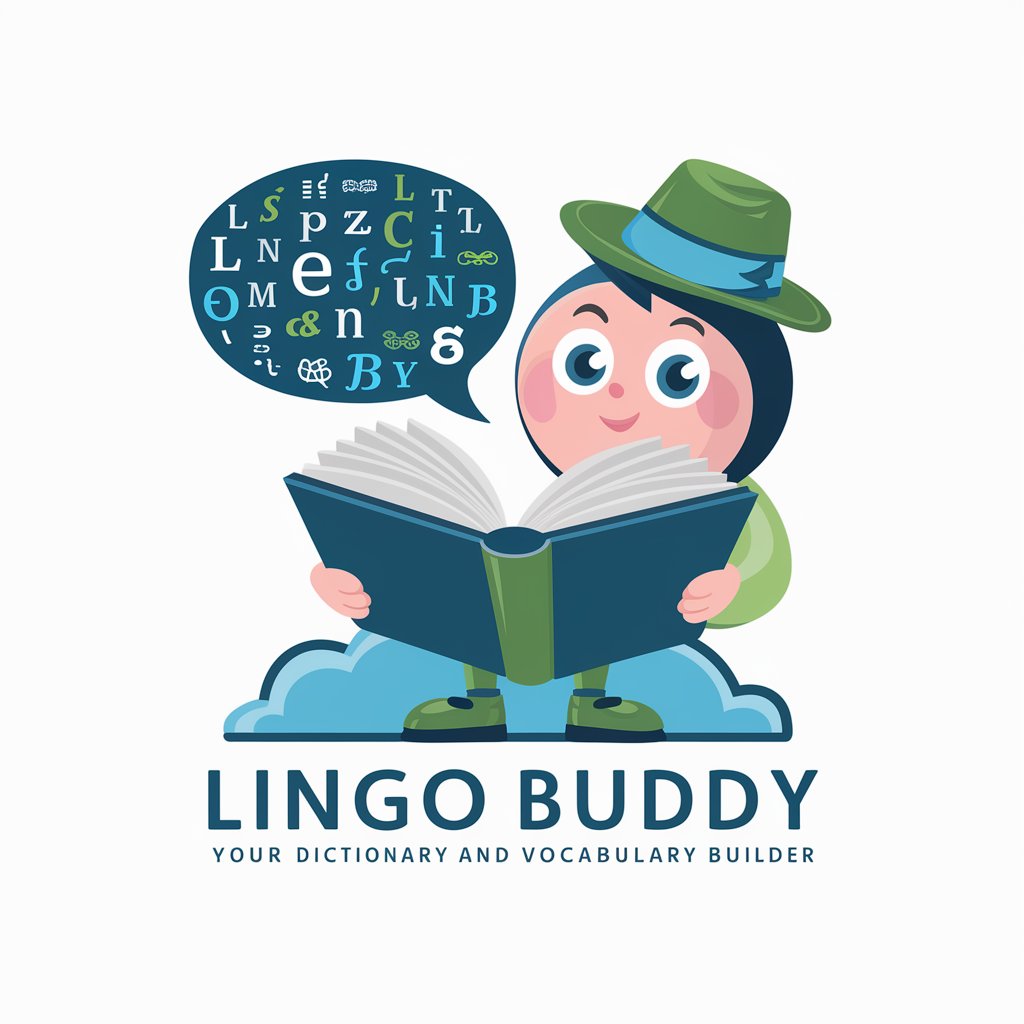
Lingo Buddy
Chat, Learn, and Improve with AI
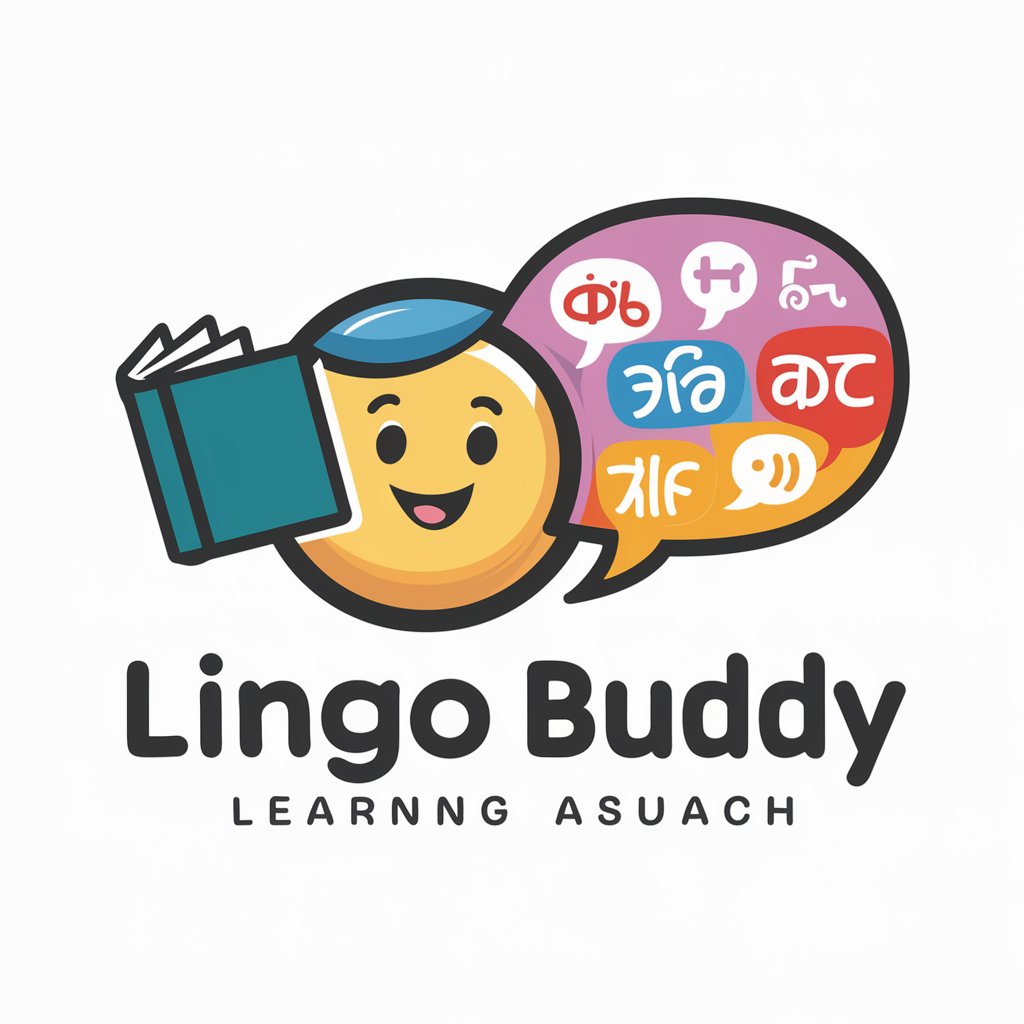
Lingo Buddy
AI-Powered English Mastery at Your Fingertips
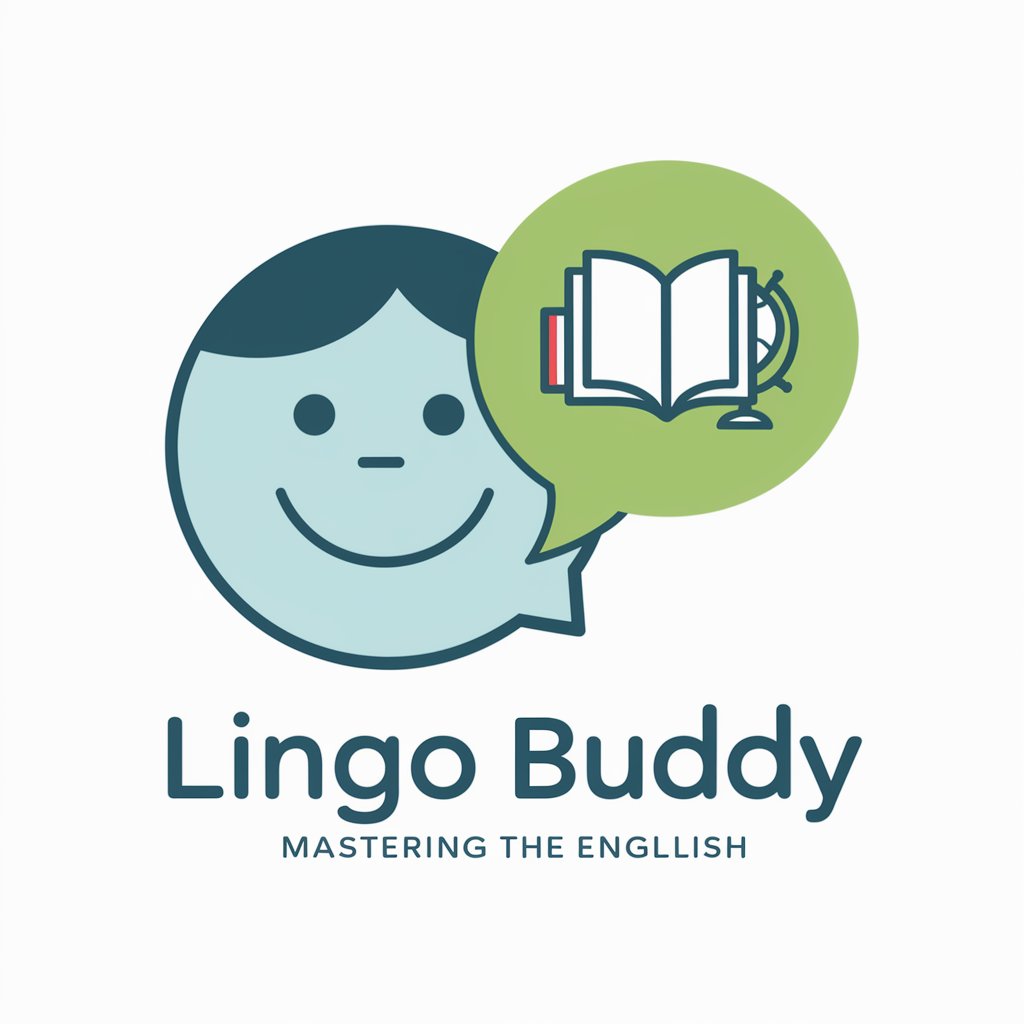
Lingo Buddy
Empowering Language Mastery with AI
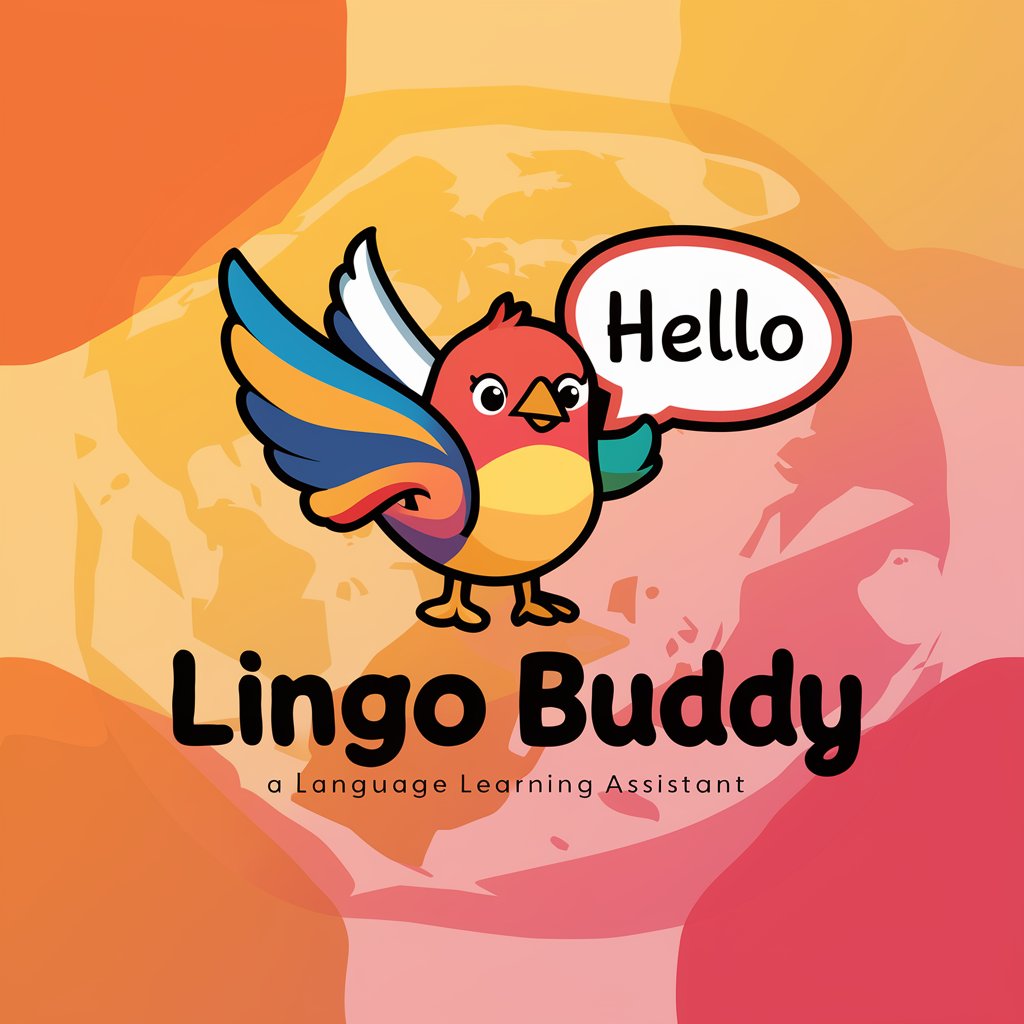
Lingo Buddy
Empower your language learning with AI
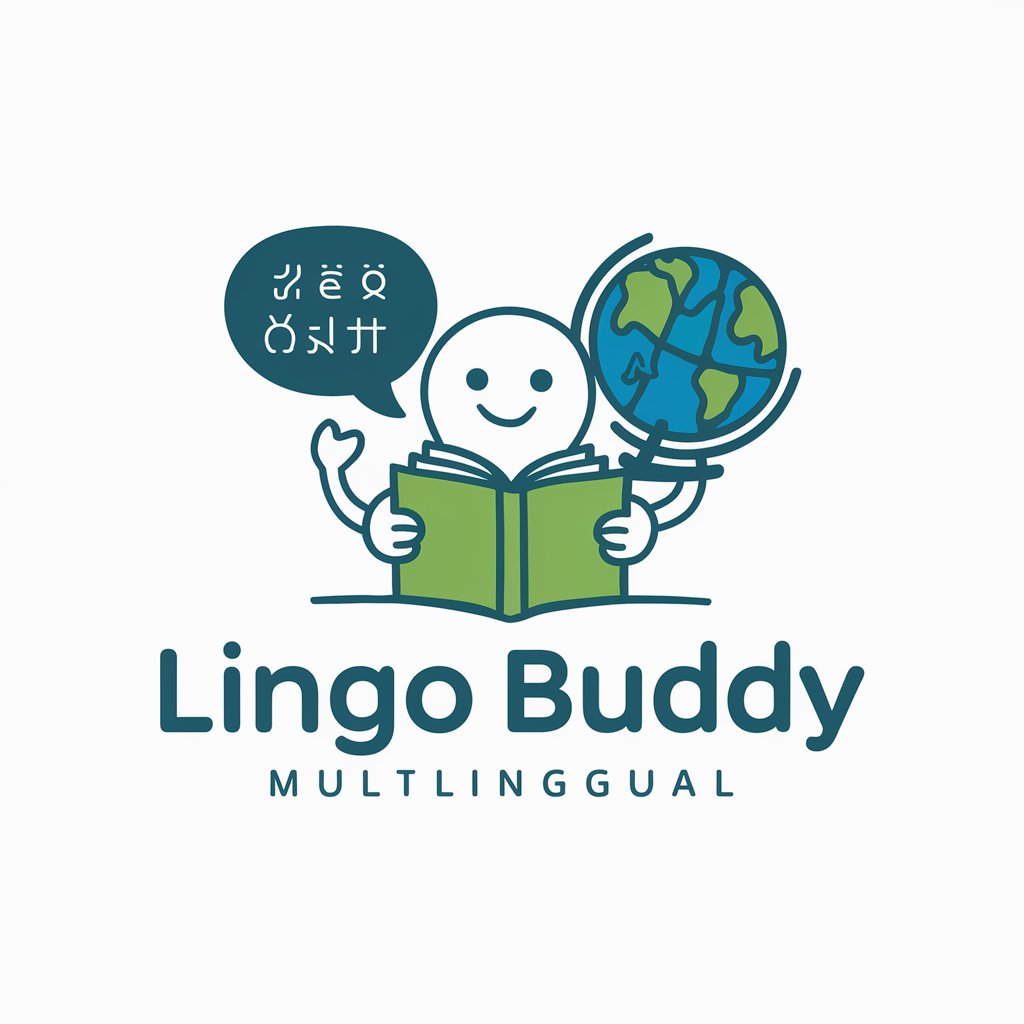
Lingo
Empowering your creativity with AI
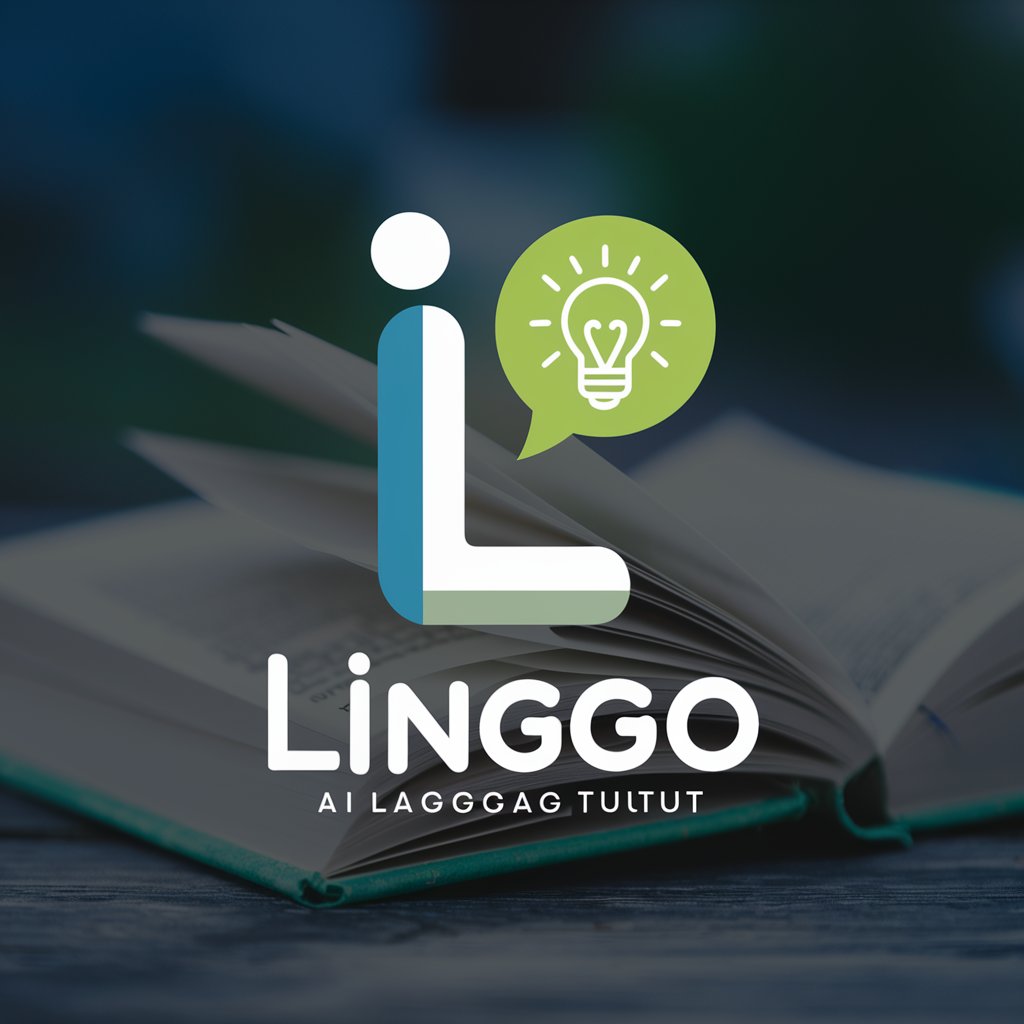
Lingo
Elevate Your English with AI
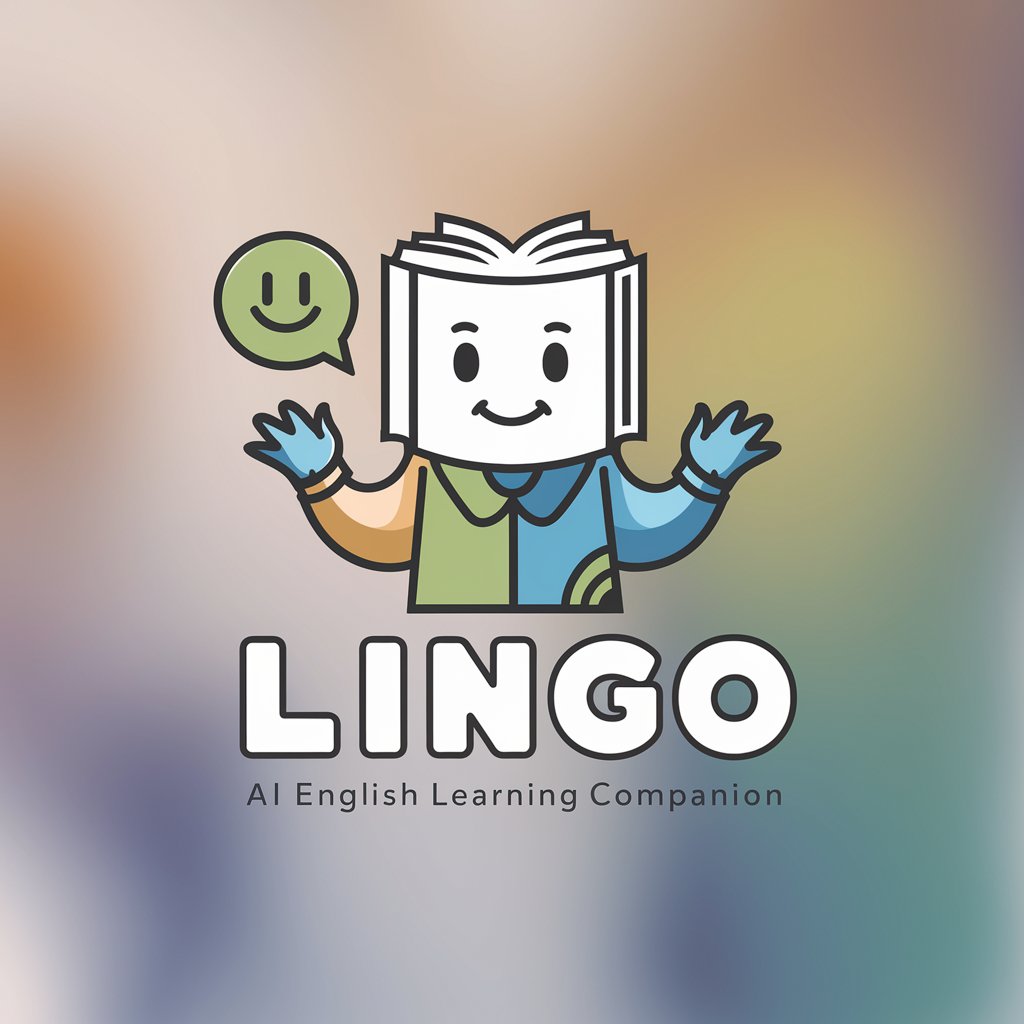
Lingo
Bridging languages with AI power.
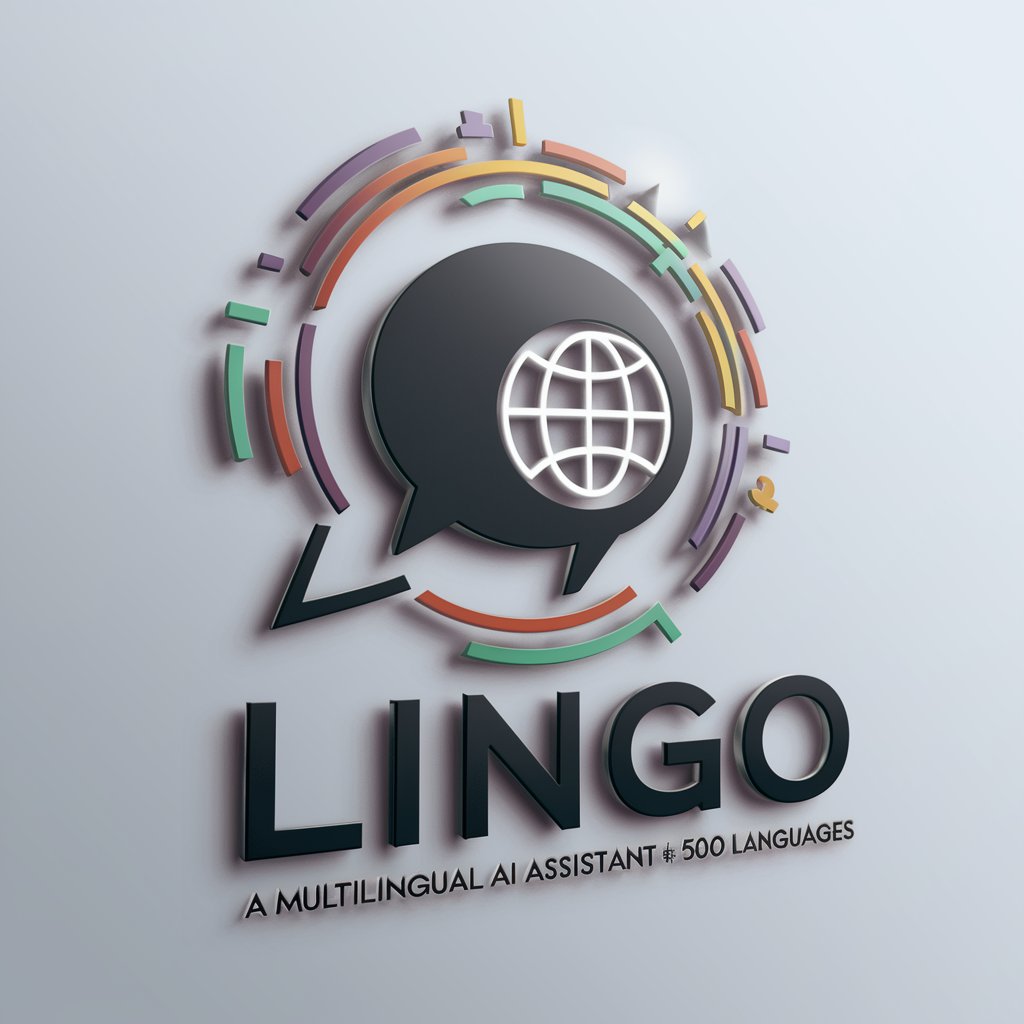
Lingo
Translate effortlessly with AI precision.
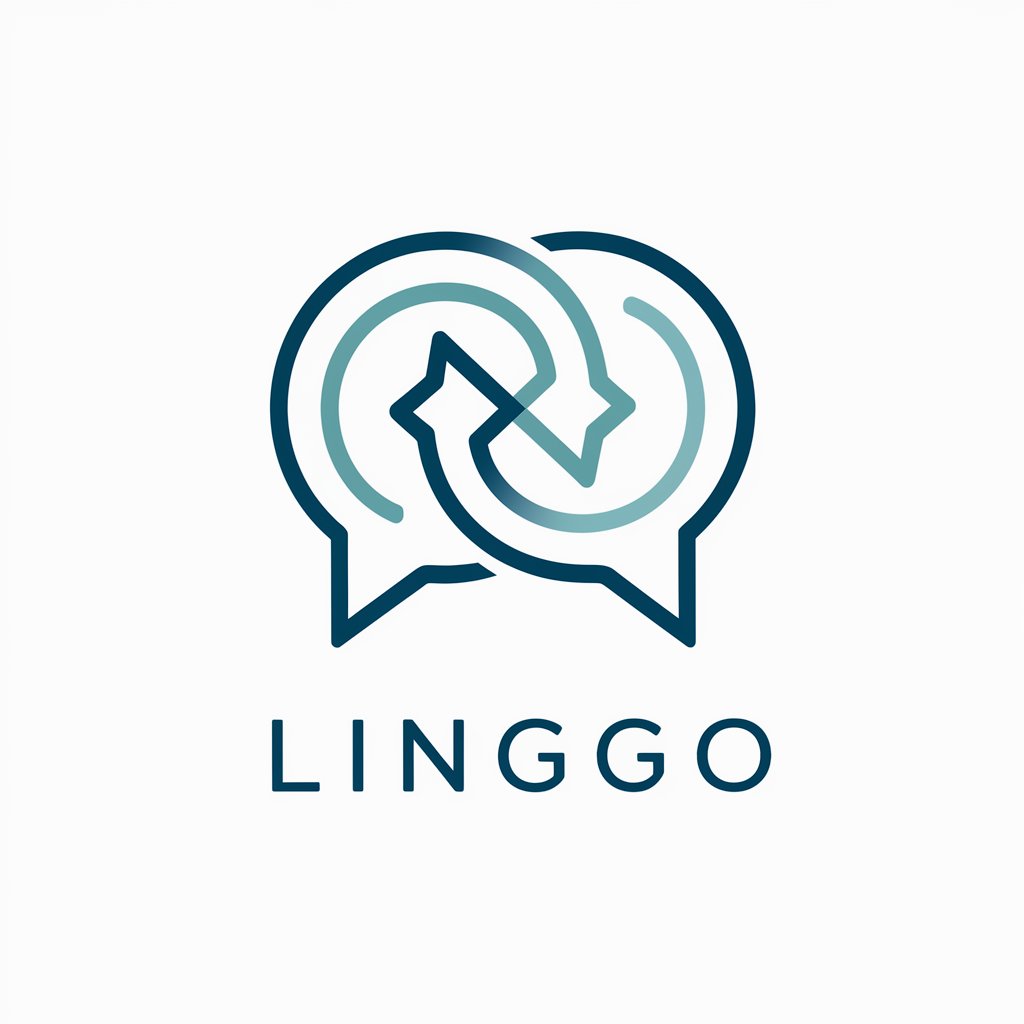
Lingo
Empowering Communication with AI
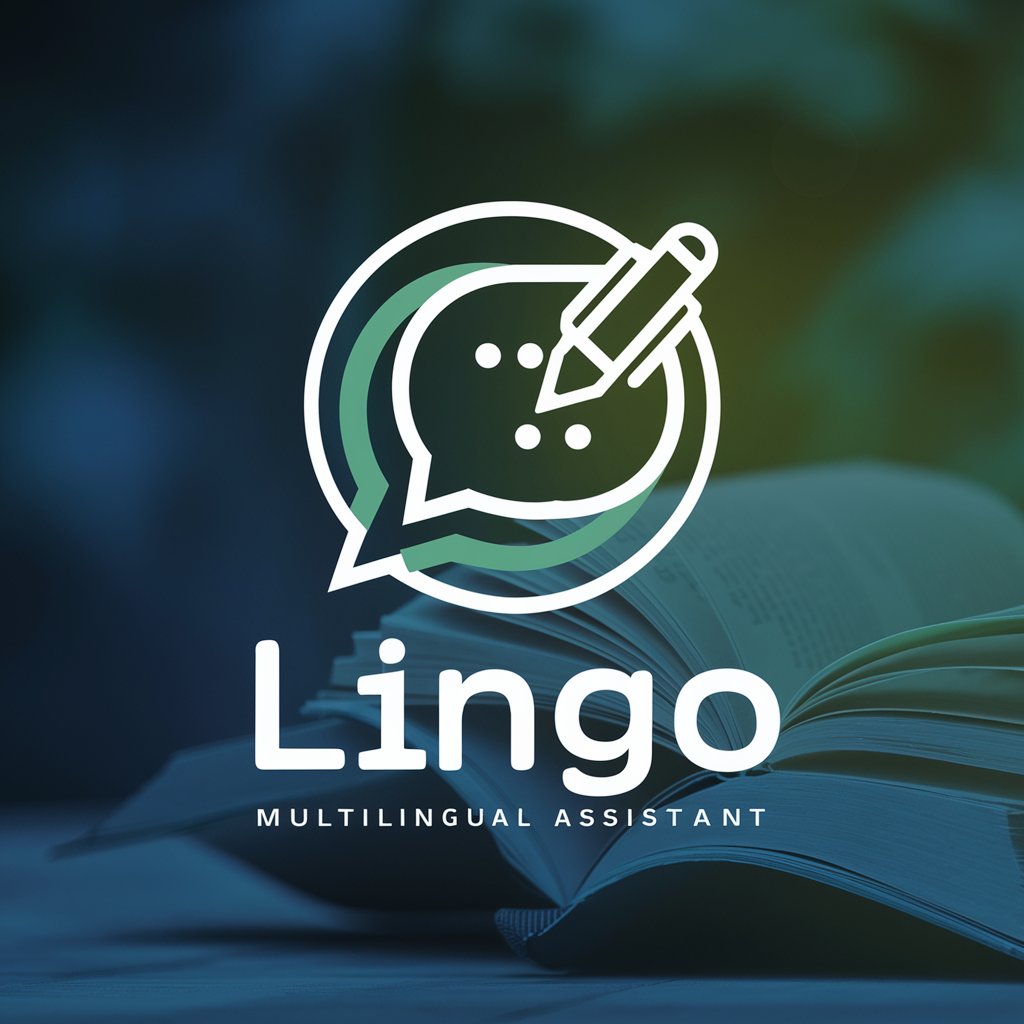
Lingo
Enhancing language learning with AI.
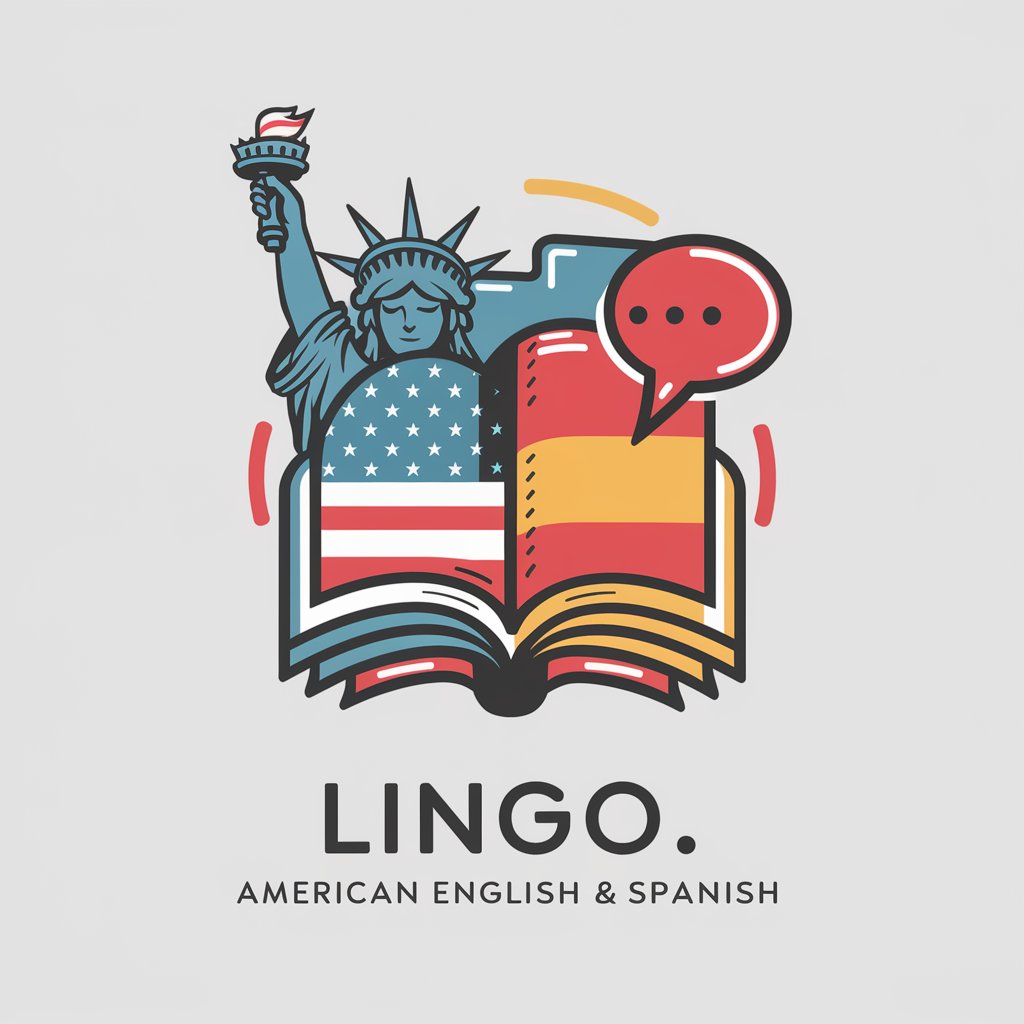
Frequently Asked Questions About Lingo
What languages does Lingo support for translation?
Lingo supports multiple language pairs, covering widely used global languages such as English, Spanish, Chinese, French, German, and more. Check our website for a complete list.
Can Lingo handle specialized vocabulary like medical or legal terms?
Yes, Lingo is equipped with specialized dictionaries to accurately translate industry-specific terminology, including medical, legal, and technical fields.
Is there a limit to how much text I can translate with Lingo?
No, Lingo does not impose a strict limit on text length for translation, but larger texts may take slightly longer to process.
Does Lingo store my translation data?
Privacy is paramount for us. Lingo does not store translation data without your consent. For details on data handling, please refer to our privacy policy.
How can I integrate Lingo with my business applications?
Lingo offers API integration options, allowing you to embed our translation services within your business applications seamlessly. Contact our support team for integration guidelines.
